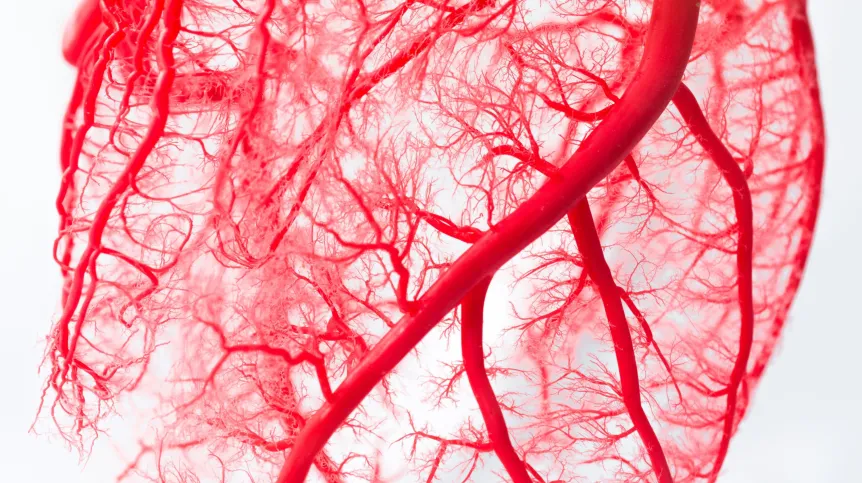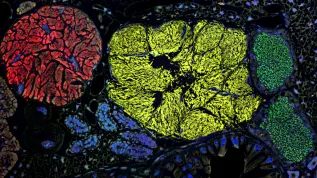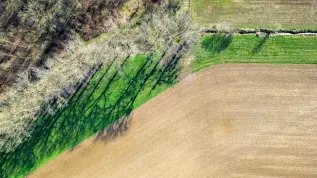
Scientists from the Faculty of Physics of the University of Warsaw and the Institute of Physical Chemistry of the Polish Academy of Sciences conducted research to better understand the process of blood vessel formation. The research results were published in APL Bioengineering.
Finding the answer to the question of what factors influence the formation process of new blood vessels is important from the point of view of anticancer therapy, because cancer tumours use angiogenesis (the blood vessel formation process) to support their growth and spread in the body. This process is crucial for their survival and expansion, as it enables the supply of essential nutrients and oxygen, and the removal of metabolic products.
To better understand angiogenesis, scientists representing two separate scientific fields - biology and physics - collaborated.
'The interdisciplinary approach combines biological knowledge about cells and molecules with physics concepts that concern self-organization phenomena, growth and transport processes, allowing to better understand and control of angiogenesis', the University of Warsaw wrote on its website.
The researchers performed a series of in vitro experiments on early capillary growth using endothelial cell-coated beads embedded in fibrin gel. This experimental setup provided precise control over growth conditions, leading to more reliable and repeatable results.
'One of the key factors that was examined was the effect of vascular endothelial growth factor (VEGF), a key molecule for blood vessel formation. The study showed that higher concentrations of VEGF lead to earlier sprouting and more branched networks', says Professor Piotr Szymczak from the university’s Faculty of Physics.
The scientists have developed a set of image analysis tools. Their software can measure various network parameters (such as total length, area, segment lengths and branch angles) and is used for rapid image processing.
The work the researchers performed could be valuable for future testing of angiogenic drugs because it quickly provides detailed information about the effects of potential therapies on vessel growth. Moreover, understanding the growth dynamics of the blood vessel network may help engineer pre-vascularised tissue constructs, which may be important for the development of regenerative medicine.
Find out more in the source article. (PAP)
Author: Urszula Kaczorowska
uka/ bar/ kap/
tr. RL













